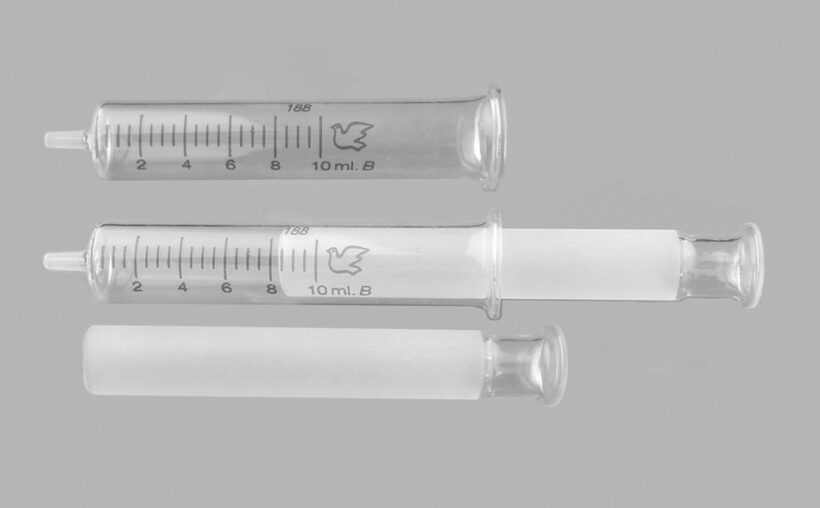After being tested on patients with oncological diseases, the therapeutic vaccine could eradicate a variety of tumours and not just prolong the lives of those affected.
Clinical trials of the Russian cancer vaccine will begin in mid-2025, said scientist Alexander Guintsburg, director of the Gamaleya National Research Centre of Epidemiology and Microbiology in Moscow. These trials will involve “patients with oncological diseases”, while the vaccine is currently being tested in mice as part of pre-clinical research.
According to Guintsburg, the technology is being developed not simply to prolong life by two or three times, but to create drugs capable of eliminating tumours. If the trials are successful, the vaccine will help people with lung cancer, but not small cell carcinoma, pancreatic cancer, certain types of kidney cancer and melanoma, he said.
The same scientist said in June this year that the vaccine was a therapeutic, not a preventive, vaccine based on messenger RNA (mRNA) technology, the same technology used by Pfizer and Moderna in their fight against the coronavirus pandemic. By that time, the first mouse trials of the Russian cancer vaccine had already produced good results.
Last February, Russian President Vladimir Putin revealed at the Technologies of the Future forum in Moscow that the country was “on the verge of creating cancer vaccines” and suggested that such medical discoveries “should be available to people, widely used in primary health care”.






